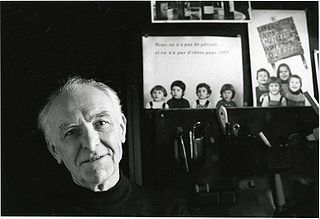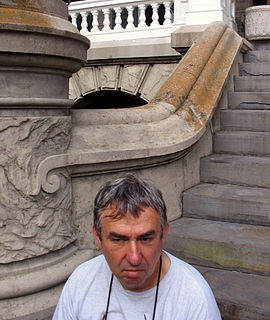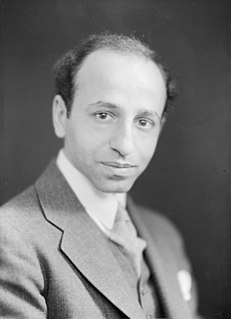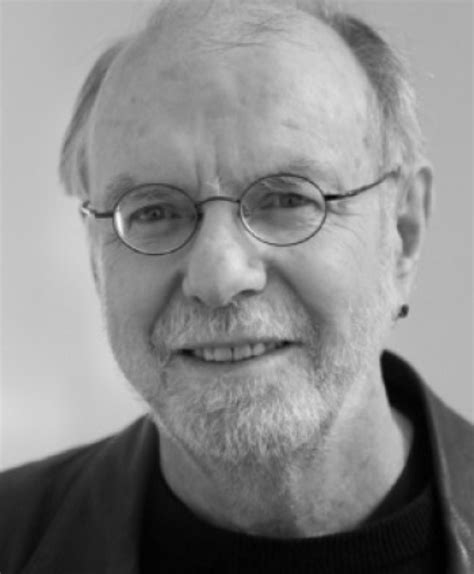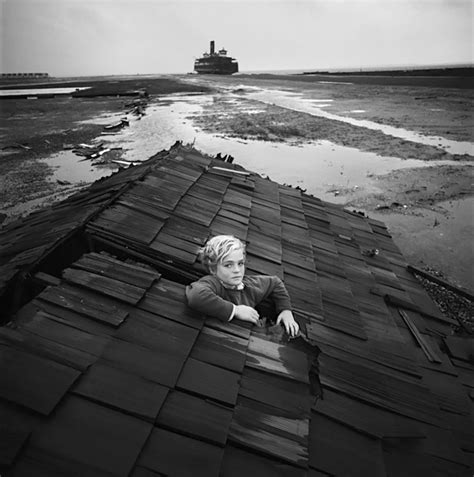A Quote by Robert Doisneau
You've got to struggle against the pollution of intelligence in order to become an animal with very sharp instincts - a sort of intuitive medium - so that to photograph becomes a magical act, and slowly other more suggestive images begin to appear behind the visible image, for which the photographer cannot be held responsible.
Related Quotes
But then you become closed. Then you start dying as far as your intelligence is concerned because intelligence needs the open sky, the wind, the air, the sun in order to grow, to expand, to flow. To remain alive it needs a constant flow; if it becomes stagnant it becomes slowly slowly a dead phenomenon.
[When] I am taking a photograph, I am conscious that I am constructing images rather than taking snapshots. Since I do not take rapid photographs it is in this respect like a painting which takes a long time where you are very aware of what you are doing in the process. Exposure is only the final act of making the image as a photograph.
The Photograph is an extended, loaded evidence — as if it caricatured not the figure of what it represents (quite the converse) but its very existence ... The Photograph then becomes a bizarre (i)medium(i), a new form of hallucination: false on the level of perception, true on the level of time: a temporal hallucination, so to speak, a modest (o)shared(i) hallucination (on the one hand 'it is not there,' on the other 'but it has indeed been'): a mad image, chafed by reality.
One of the magical things about photography is the transformation that takes place when you photograph something. Something that inherently has very little going for it in terms of the interest you take in it, can become infinitely more interesting when rendered as a photograph. It's no longer a building. It's a photograph.
Variety is very, very good. Going from medium to medium, if you get the chance to do it, from theater to television to film, which are all distinctly different, keeps me sharp. What works in one doesn't work in the other, and you have to be looking for the truth of the performance, whatever way that medium might demand.
I think its a fundamental feature of images that they move from one medium to another. And this has become hyper-evident in our time with the computer, which is a kind of master-medium also and allows us to transfer data of all kinds from one platform to another, turning sounds into sights or language into image. The computer has made something that is very old evident in a new way.
The attribution of intelligence to machines, crowds of fragments, or other nerd deities obscures more than it illuminates. When people are told that a computer is intelligent, they become prone to changing themselves in order to make the computer appear to work better, instead of demanding that the computer be changed to become more useful.
As the ego becomes strong it starts surrounding intelligence like a thick layer of darkness. Intelligence is light, ego is darkness. Intelligence is very delicate, ego is very hard. Intelligence is like a roseflower, ego is like a rock. And if you want to survive, they say - the so-called knowers - then you have to become rock-like, you have to be strong, invulnerable. You have to become a citadel, a closed citadel, so you cannot be attacked from outside. You have to become impenetrable.
The photographic image has great possibilities. The magical photograph attempts to go beyond the immediate context of the recorded experience into the realm of the indefinable. The photographer as magician is acutely aware of the multiplicity of associations submerged in the appearance of the objective world.
The images which the [press] photographer has filtered from reality, whether particular events or the anguish of human reactions to them, already bear a stamp of authenticity which the photographer is powerless to alter by one jot or tittle; the meaning of the objects, by a process of purification, itself becomes the theme of the work.
